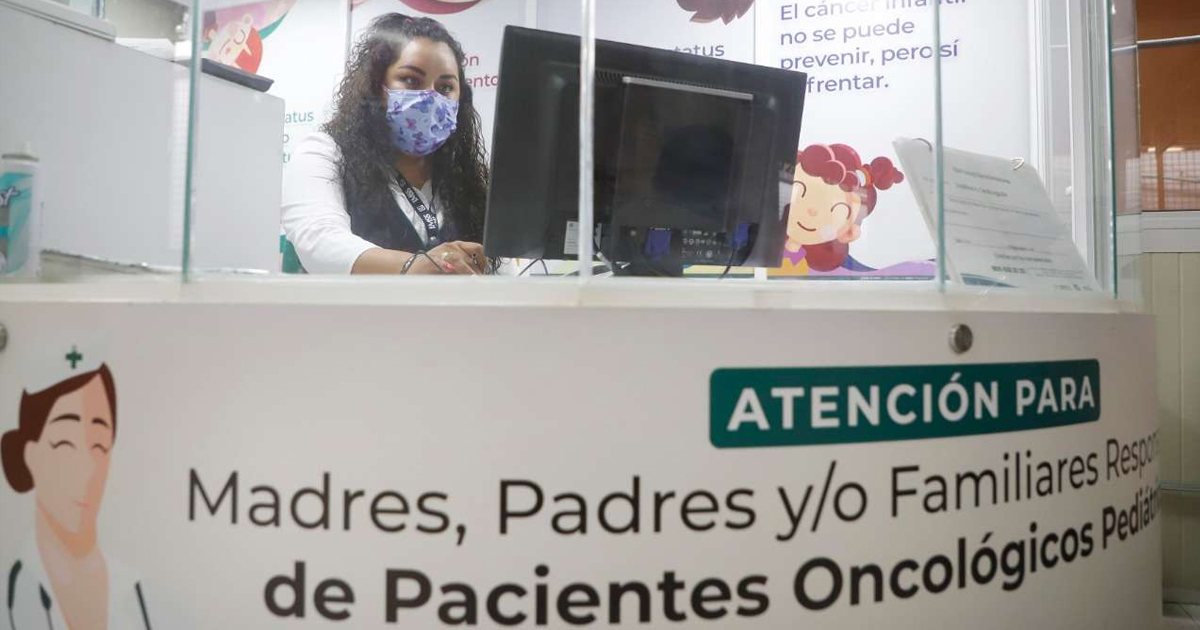Artificial Intelligence algorithm developed by researchers at Venderbilt University in Tennessee, USA seeks to calculate the risk of attempted suicide in patients.
The AI algorithm based on machine learning seeks to predict suicide attempts, was subjected to tests and trials for 11 consecutive months by researchers at Venderbilt University Medical Center (VUMC). The algorithm is called the Vanderbilt Suicide Attempt and Ideation Attempt Likelihood Model (VSAIL), and uses information from electronic clinical records to calculate the risk of attempted suicide.

VUMC scientist Colin Walsh and his team conducted performance evaluations of the algorithm, with a view to its future clinical application. For this evaluation, patients were divided into eight groups according to the risk scores obtained by the algorithm. One out of 23 people in the high-risk group reported suicidal thoughts and one person out of 271 had attempted suicide.
The results of the application of this model based on information from clinical records were published in the journal JAMA Network. The article aimed to, “evaluate performance of a suicide attempt risk prediction model implemented in a vendor-supplied electronic health record to predict subsequent (1) suicidal ideation and (2) suicide attempt.”
“This observational cohort study evaluated implementation of a suicide attempt prediction model in live clinical systems without alerting”, the authors explain in the article. In addition, the patients involved were adult inpatients whether hospitalized for emergency, outpatient surgery, or another reason.
The main results showed the following information: “the system generated 115 905 predictions for 77 973 patients (42 490 [54%] men, 35 404 [45%] women, 60 586 [78%]. Numbers needed to screen in highest risk quantiles were 23 and 271 for suicidal ideation and attempt, respectively.”
In their conclusions, the authors explained that the study and the predictive model showed numbers and outcome needed for suicide risk detection in nonpsychiatric settings. The next step is careful matching with low-cost, low-harm preventive strategies in a pragmatic trial of effectiveness in future suicide prevention," they explained about the relevance of the study.
To read the full article click on the following link: https://jamanetwork.com/journals/jamanetworkopen/fullarticle/2777425






